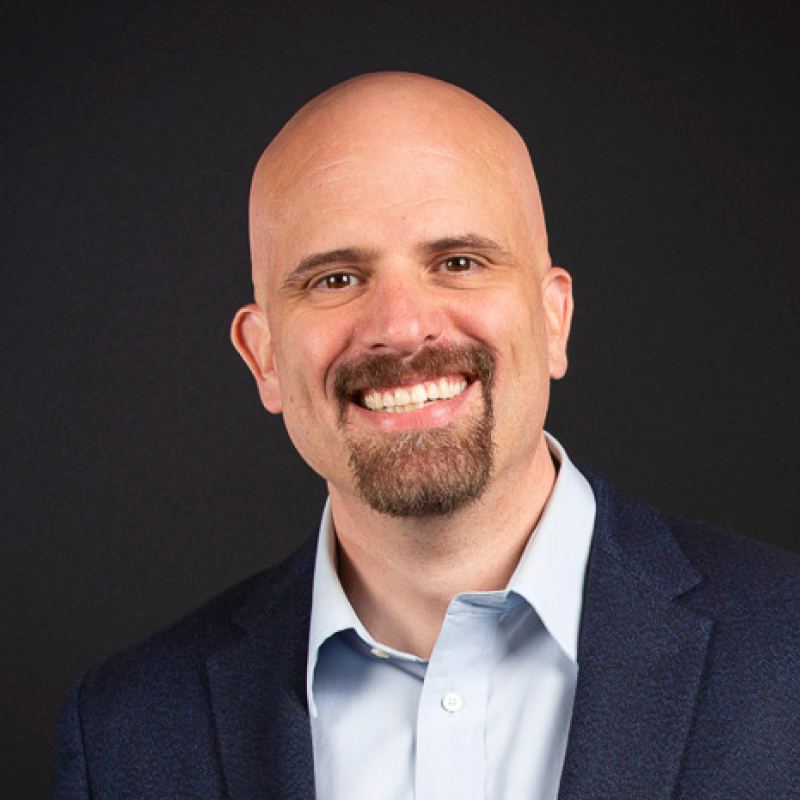Kristian Stout on BEAD Implementation
Broadband Breakfast – ICLE Director of Innovation Policy Kristian Stout was quoted by Broadband Breakfast in a story about difficulties in implementing the Broadband Equity, Access and Deployment program. You can read full piece here.
Kristian Stout, director of innovation policy at the International Center for Law and Economics, said in comments to Broadband Breakfast that the biggest problem concerning pole attachments is that it is not a single problem.
“Because of how Section 224 operates, there are many areas of the country not subject to FCC oversight on access to poles,” Stout explained. “So on the one hand, there are issues before the FCC with access to some of the poles under its jurisdiction. In that case, the FCC needs to look at expediting disputes and developing a rate that doesn’t favor one party or the other.”
The problem is then multiplied across the states not subject to FCC oversight and the municipal and co-op pole owners, he said. “This creates a very complicated puzzle for any deployer to solve, and the incremental costs from each pole can quickly add up.”
…“The concern in because access to poles is critical for deployment,” stated Stout. “Unnecessary time delays and costs function as a hidden tax on broadband because they appear relatively small for any given pole but quickly explode when you multiply them by the hundreds or thousands of poles a particular deployment needs to cross. So even when a relatively small amount of pole owners play games, those costs are very significant.”
Stout added that he would be shocked if there were not delays and cost overruns from pole attachments issues in projects funded by the BEAD program. “It’s what we’ve seen in the past and nothing much has changed, so I expect to see it again in the future.”
…Stout suggested that FCC sets its rates correctly and ensures that disputes under its jurisdiction are expedited. He added that Congress needs to amend Section 224 to rationalize the landscape, saying that there is no reason why municipalities and co-ops should not be subject to either FCC or state regulation.
…However, Stout added that by and large, most problems can work themselves out because they are simply business negotiations in which each side wants to resolve the matter and move on. “It’s really when some pole owners create hold out problems on negotiations — and where some owners like municipalities and co-ops have no incentive to bargain at all — that very expensive problems can arise.”





